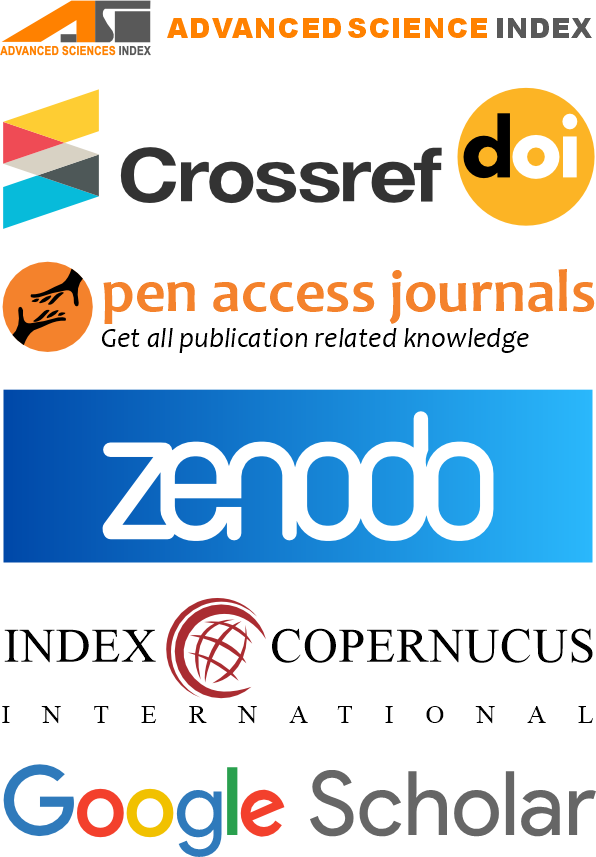Human-Centered or Eco-Centered? Evaluating Anthropocentrism in Dawn’s Climate Change Discourse
DOI:
https://doi.org/10.55737/rl.2025.43098Keywords:
Anthropocentrism, Climate Change Discourse, Ecocentrism, Pakistani MediaAbstract
This paper reports on how climate change is framed in the context of Dawn, popular English-language newspaper in Pakistan through the years 2024 to 2025. Relying on the framework of Stibbe (2021), Stories We Live By, the analysis divides reporting into the anthropocentric and ecocentric types of discourse. A corpus-assisted discourse methodology was utilized; the linguistic construction of climate discourse was investigated through keyword analysis, collocation, and concordance lines using #LancsBox X (v5.5.1). The results indicate that there is an anthropocentric coverage with anthropocentric foregrounding of risks to human societies, adaptation strategies, infrastructure, and policy measures. These frames show pressing economic and social vulnerabilities yet tend to downplay the ecological interdependence by framing the environment as a setting in which human interests are expressed mostly. Less common, ecocentric, viewpoints are applied to the case of glacial melt, degradation of ecosystems and the presence of sustainable infrastructure, in which humans are viewed as components of broader systems. On the whole, the climate reports of Dawn reflect a powerful human-centered orientation with some ecocentric interludes, in general tensions in environmental communication. The promotion of the concept of a middle-ground between anthropocentric and ecocentric framings can contribute to the overall knowledge of climate change as a social and environmental problem.
References
Abuzyarova, D. L., Takhtarova, S. S., & Ionova, S. V. (2018). Ecolinguistics and prospects of anthropocentric research in linguistics. Revista Publicando, 5(16[1]), 178–185.
Brezina, V. & Platt, W. (2025) #LancsBox X [software], Lancaster University, http://lancsbox.lancs.ac.uk
Drenthen, M. (2015). The return of the wild in the Anthropocene: Wolf resurgence in the Netherlands. Ethics, Policy & Environment, 18(3), 318–337. http://dx.doi.org/10.1080/21550085.2015.1111615
Faraz, H., Saleem, M., & Mehmood, T. (2024). A corpus-based ecosophical analysis of discourse produced around the China-Pakistan Economic Corridor (CPEC). Global Social Sciences Review, 9(1), 76–87. https://doi.org/10.31703/gssr.2024(IX-I).08
Heuberger, R. (2003). Anthropocentrism in monolingual English dictionaries: An ecolinguistic approach to the lexicographic treatment of faunal terminology. AAA: Arbeiten aus Anglistik und Amerikanistik, 93–105.
Heuberger, R. (2017). Overcoming anthropocentrism with anthropomorphic and physiocentric uses of language? In A. Fill & H. Penz (Eds.), The Routledge handbook of ecolinguistics (pp. 342–354). Routledge.
https://revistapublicando.org/revista/index.php/crv/article/view/1490
Kortenkamp, K. V., & Moore, C. F. (2001). Ecocentrism and anthropocentrism: Moral reasoning about ecological commons dilemmas. Journal of Environmental Psychology, 21(3), 261–272. https://psycnet.apa.org/doi/10.1006/jevp.2001.0205
Lehtimäki, M. (2019). Narrative communication in environmental fiction: Cognitive and rhetorical approaches. In S. Slovic, S. Rangarajan, & V. Sarveswaran (Eds.), The Routledge handbook of ecocriticism and environmental communication (pp. 84–97). Routledge.
Nasir, M. H., Habib, A., & Yousaf, M. (2022). Climate change and media representation: A multimodal discourse analysis of Clean Green Pakistan policy from an eco-linguistic perspective. The University of Chitral Journal of Linguistics and Literature (JLL), 6(1), 198–211. https://nja.pastic.gov.pk/JLL/index.php/JLL/article/view/265
Saleem, M., & Khan, J. (2025). Climate change in Pakistani media: An ecolinguistic analysis of Dawn climate reports (2020–2025). Journal of Social Sciences Review, 5(3), 119–131. https://doi.org/10.62843/jssr.v5i3.573
Saleem, M., Khan, J., & Faraz, H. (2025). Identity and conviction stories in discourse on natural disasters. Qlantic Journal of Social Sciences and Humanities, 6(3), 112–121. https://doi.org/10.55737/qjssh.vi-iii.25395
Schmitt, C. R. (2023). Anthropomorphism, anthropocentrism, and human-orientation in environmental discourse. Journal of Language and Politics, 22(5), 601-621. https://doi.org/10.1075/jlp.22123.sch
Steffensen, S. V. (2024). Surveying ecolinguistics. Journal of World Languages, 11(1), 1-49. https://doi.org/10.1515/jwl-2024-0044
Stibbe, A. (2010). Ecolinguistics and globalization. In N. Coupland (Ed.), The handbook of language and globalization (pp. 406–425). Wiley-Blackwell.
Stibbe, A. (2014). An ecolinguistic approach to critical discourse studies. Critical Discourse Studies, 11(1), 117–128. https://doi.org/10.1080/17405904.2013.845789
Stibbe, A. (2021). Ecolinguistics: Language, ecology and the stories we live by (2nd ed.). Routledge.
Suawi, I. A. (2025). Environmental narratives and representations: A review. Ghana Journal of Development Studies, 22(1), 138–151. https://doi.org/10.4314/gjds.v22i1.6
Thompson, S. C. G., & Barton, M. A. (1994). Ecocentric and anthropocentric attitudes toward the environment. Journal of Environmental Psychology, 14(2), 149–157. https://psycnet.apa.org/doi/10.1016/S0272-4944(05)80168-9






